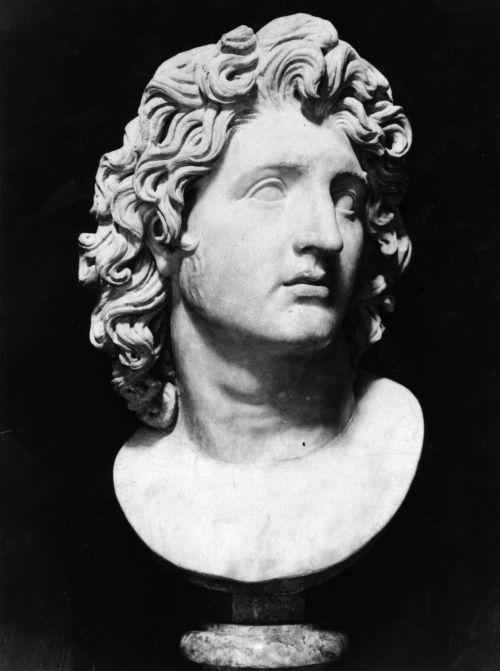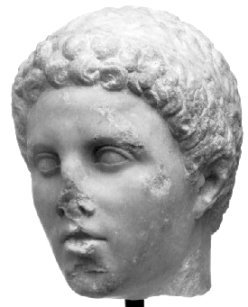jasminecalver:History Meme | 7 Pairings | Alexander the Great and HephaestionTheir tutor, Aristotle,
jasminecalver:History Meme | 7 Pairings | Alexander the Great and HephaestionTheir tutor, Aristotle, described such a friendship as “… one soul abiding in two bodies”. That they themselves considered their friendship to be of such a kind is shown by the stories of the morning after the battle of Issus. Diodorus, Arrian and Curtius all describe the scene, when Alexander and Hephaestion went together to visit the captured Persian royal family. Its senior member, the queen Sisygambis, knelt to Hephaestion to plead for their lives, mistaking him for Alexander, because he was the taller, and both young men were wearing similar clothes. When she realised her mistake, she was acutely embarrassed, but Alexander reassured her with the words, “You were not mistaken, Mother; this man too is Alexander.”Time after time, when Alexander needed to divide his forces, he entrusted half to Hephaestion, knowing that in him he had a man of unquestionable loyalty, who understood and sympathised with his aims, and above all, who got the job done. Hephaestion played a full part in Alexander’s regular consultations with senior officers, but he was the one to whom Alexander would also talk in private, sharing his thoughts, hopes and plans. Curtius states that Hephaestion was the sharer of all his secrets, and Plutarch describes an occasion when Alexander had a controversial change to impose, and implies that Hephaestion was the one with whom Alexander had discussed it, and who arranged for the change to be implemented.It has been suggested that as well as being close friends, Alexander and Hephaestion were also lovers. None of the ancient sources states this in so many words. By the time the extant sources were written—some three hundred years later—homosexual affairs were looked upon with less favour than they had been in ancient Greece—Horace speaks of the Greek vice—and so had already begun the process which has continued intermittently ever since, the “airbrushing” of Hephaestion out of history.No other circumstance shows better the nature and length of their relationship than Alexander’s overwhelming grief at Hephaestion’s death. As Andrew Chugg says, “… it is surely incredible that Alexander’s reaction to Hephaestion’s death could indicate anything other than the closest relationship imaginable.” The many and varied ways, both spontaneous and planned, by which Alexander poured out his grief are detailed below. In the context of the nature of their relationship however, one stands out as remarkable. Arrian says that Alexander “… flung himself on the body of his friend and lay there nearly all day long in tears, and refused to be parted from him until he was dragged away by force by his Companions.” -- source link
Tumblr Blog : iameatenbybutterflies.tumblr.com

